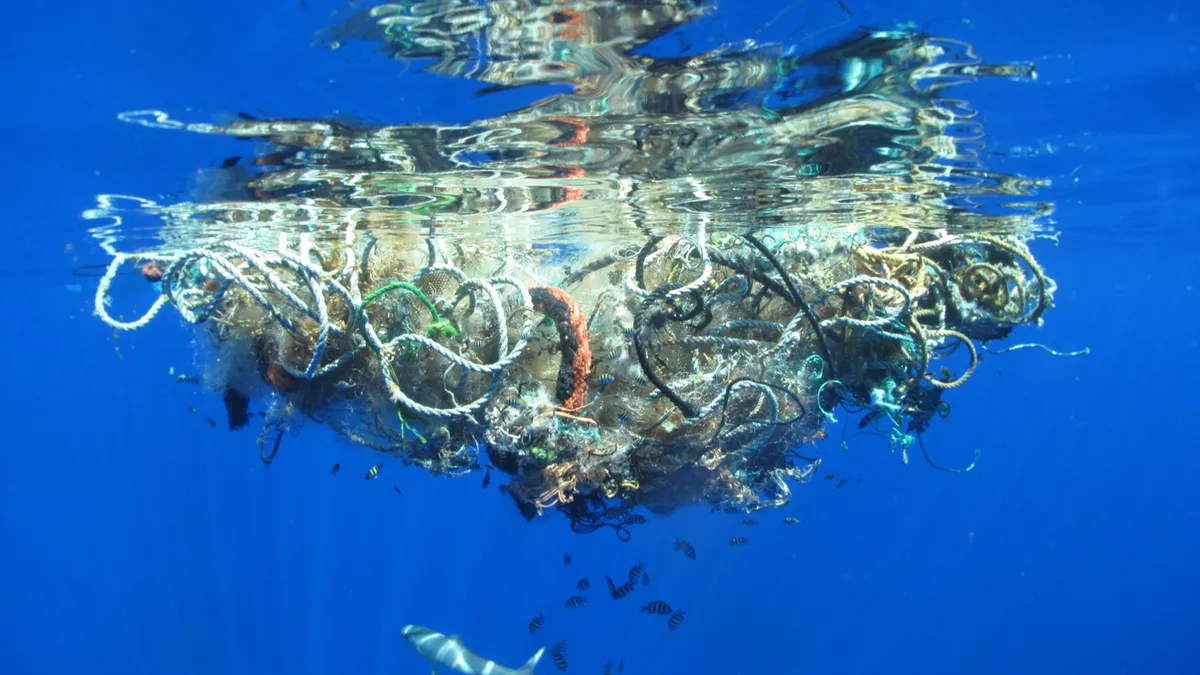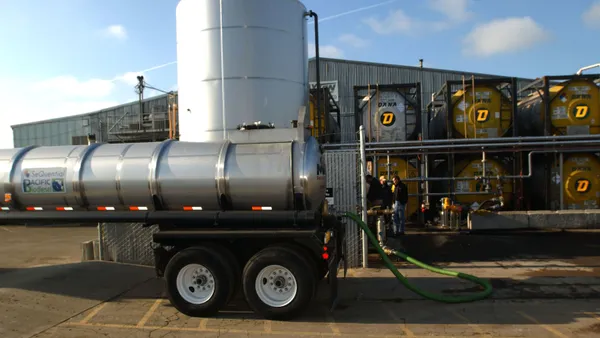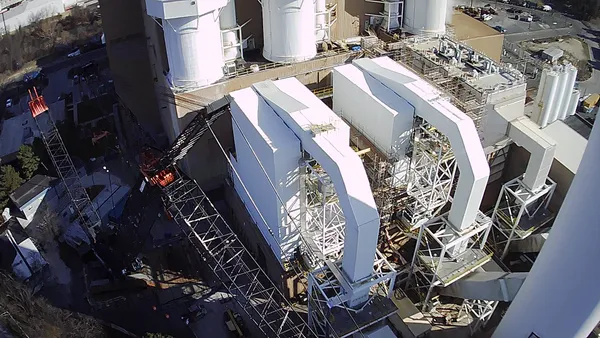Dive Brief:
- The Fishing for Energy partnership announced that since 2008, it has recovered more than three million pounds of marine debris and old fishing gear from 49 communities across the nation. It has then converted this waste into clean energy with help from Covanta.
- In the past 8 years that this partnership has been collaborating, enough energy has been generated to power 2,200 homes for one month.
- Other partners involved in the initiative include the National Fish and Wildlife Foundation (NFWF), the NOAA Marine Debris Program, and Schnitzer Steel Industries.
Dive Insight:
Marine debris is a growing problem across the globe as more and more industry leaders draw attention to the urgency of the issue. A recent Ocean Conservancy report found that fishing gear, nets, fishing lines, and buoys are the items in waterways posing the greatest threat to marine life due to entanglement, ingestion, or contamination. A recent Ellen MacArthur report estimated that there will be more plastic than fish in the sea by 2050.
Even last week, Moore Recycling Associates President Patty Moore stated that ocean pollution is one of the main reasons why recycling will continue to be a necessary operation in waste management for years to come.
Reasons like these give validation to programs like Fishing for Energy, which work to combat something that is relatively easy to prevent: littering.
"Each participating port has helped us to reach this milestone by promoting this free program to their fishermen," said Michelle Pico, NFWF's program director for marine conservation, in a statement. "Together, we have created a win-win-win solution for the environment, community and local economy."














